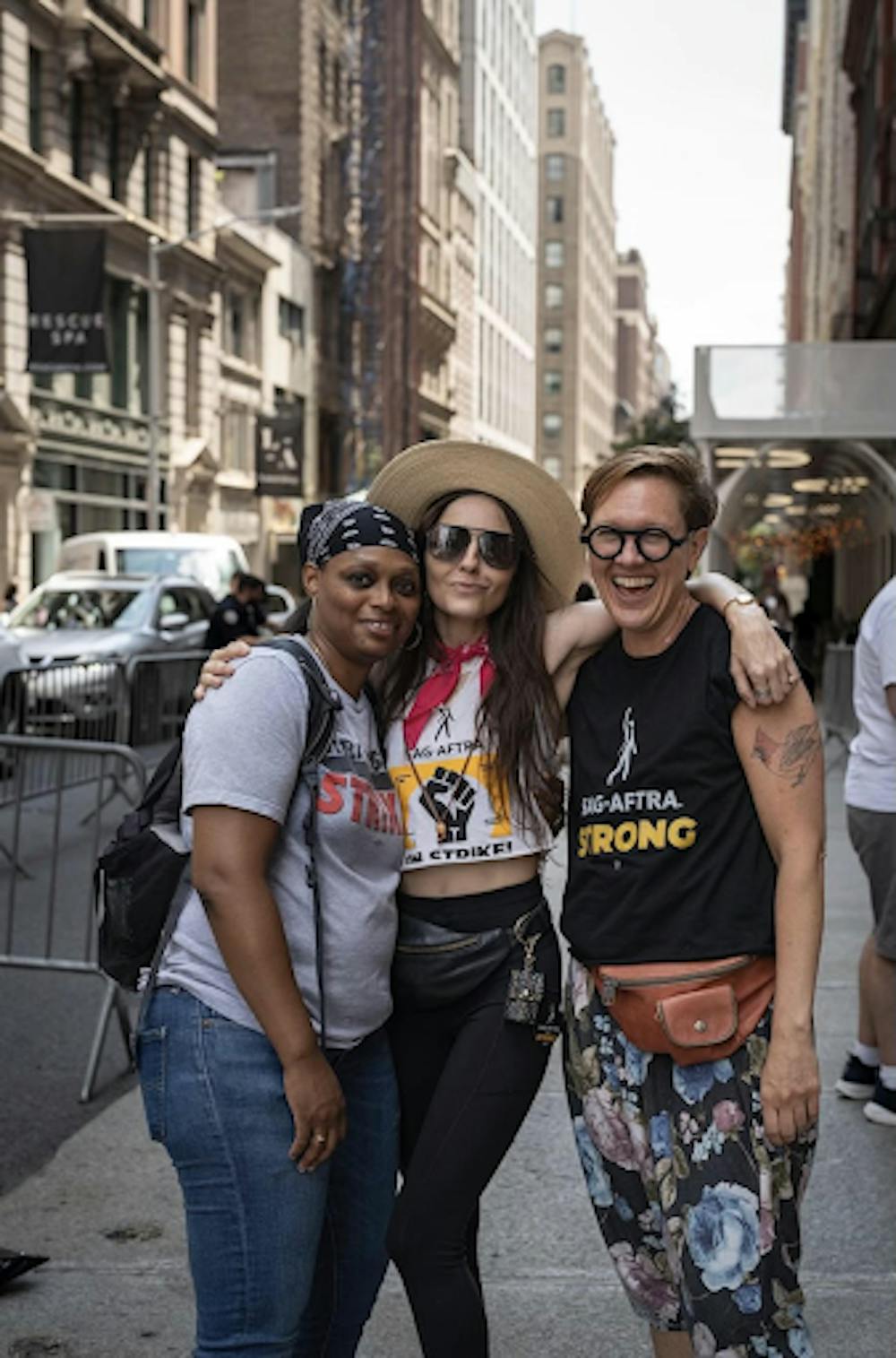By Tristan Weisenbach
Arts & Entertainment Editor
Actors part of SAG-AFTRA, the actors union that consists of over 160,000 members, are still on strike after more than 100 days, making it the longest strike in their history, according to the Guardian.
While it may seem like a strike that has essentially brought the whole TV and film industry to a halt would be discouraging to those looking to enter the entertainment industry, this may not be the case.
Natalie Knepp, a SAG-AFTRA actress, believes that the ongoing actors strike shows the strength of the acting industry. In an interview with The Signal, she said the rights and benefits that actors are currently fighting for are an asset and should encourage new actors to get involved.
“I love talking to young actors. They're like, ‘oh, should I join the union?’ Why would you not join the union?” Knepp said. “You get paid what you're worth and you also have full protection against anyone harming you within you doing your job. Why wouldn't you want to join a union?”
Knepp, a graduate of Rutgers Mason Gross School of the Arts with a degree in acting, joined SAG-AFTRA in 2008 while filming her first feature film. She said that, although the union has provided her with many benefits that she would have otherwise not received as an actress, the strike was necessary and “a long time coming.”
“I lost my health insurance during the pandemic because there was no work to be had, and I was one of many actors who got kicked off of our health insurance plan,” she said.
Being out of work for so long has not been easy, Knepp said. She explained that she thought many actors did not want to strike, but ultimately saw the need for fair pay and better protections — two central issues of the strike.
Alyssa Borrero, a senior communication studies major with a specialization in radio, television and film at the College, said that she thinks the issues that actors are wanting are reasonable.
“With me wanting to be a TV producer, I feel like everybody should be equal,” Borrero said.
Borrero recognized that it could be possible that students intending to enter the acting industry in the future could view the strike as an indicator of instability, but she also agreed with Knepp that it shows actors are willing to support each other and fight for better protections.
“Nowadays, some students might see that they're on their own, nobody really cares,” Borrero said. “But seeing how the actors are, they're like actually behind [the issues]. That might actually give them a sense of hope.”
As for when the strike may finally come to an end, Knepp said it’s hard to predict. However, she has faith in the negotiating team to work with Hollywood executives to develop a strong contract.
“Like I keep saying to everyone when I'm out on the picket line,” Knepp said, “try not to get frustrated, to keep a positive mindset, to know that goodwill will win out and greed will eventually show its true colors to everyone.”







